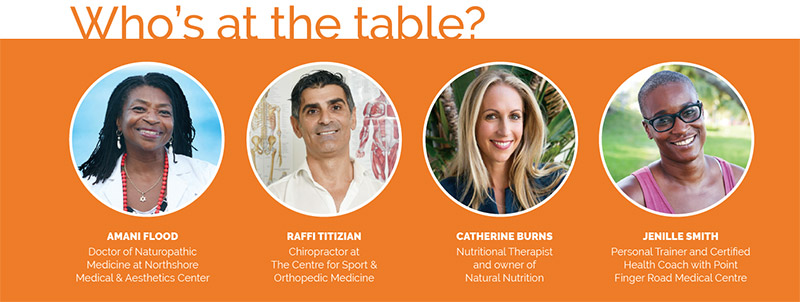 The irony, according to specialists, is that our poor health is in spite of change: the internet has made medical information more accessible than it was before 2000. The range of wellness expertise in Bermuda now, is equal to what can be found in any metropolis.
The irony, according to specialists, is that our poor health is in spite of change: the internet has made medical information more accessible than it was before 2000. The range of wellness expertise in Bermuda now, is equal to what can be found in any metropolis.
“It is quite a conundrum,” said Amani Flood. A doctor of naturopathic medicine at Northshore Medical & Aesthetics Center, she’s seen a rise in people “practising self-care” with help from Google. “At the same time, cancer, obesity and diabetes are on the rise here. So no, the knowledge is not translating into healthier or more fit people in Bermuda.”
A big challenge is that the way we view health and fitness has “drastically changed” believes Raffi Titizian, a chiropractor of 20 years now working with The Centre for Sport & Orthopaedic Medicine.
“We download apps for almost everything,” he said. “Nutrition has evolved with not what we grow and eat, rather what supplements we need to buy.
“Our spirituality revolves around belief systems created by the media; we have online MDs to guide us with basic healthcare needs. When we think of fitness, we gravitate towards yoga, Pilates, Cross- Fit – all of which have evolved into their own subcultures…. [The] fitness industry here is comparable, if not more advanced, to those in the US or Europe. We have more yoga studios, fitness centres per capita than cities with millions in population.”
The result is “a layer of very fit people” while others struggle, said Catherine Burns, a nutritional therapist who coaches people to better health through her company, Natural Nutrition.
“Many people believe they can’t afford to be healthy. Sometimes that’s true – vegetables are more expensive than carbs – and sometimes it’s not true – exercise can be totally free. We have to take ownership and start moving our own health up the priority list.”
While having too many bad snacks limits potential, another problem is that we don’t let our bodies recuperate.
“I think we underestimate the absolutely massive impact stress, and lack of sleep, have on our health, inhibiting our immune function and accelerating free-radical damage,” Ms Burns said. “For many, stress and exhaustion are undermining their good intentions.”
Fortunately
a lot of new
programmes are
offering a more
holistic approach
to fitness
which includes
nutrition,
mobility and
realistic goal
setting.
She believes that health insurers help with preventive wellness education and behaviour change platforms; however, their impact is limited “by an unsupportive wider environment”.
“It has to be cheaper and easier to eat healthy if people are going to consistently do it. At the moment, the opposite is true. We need tighter and wiser regulation. We have to get the junk away from the check-outs and stop marketing junk food to kids. If there’s going to be a sugar tax, the profits need to be used to transparently subsidise fresh produce from local farms.”
Jenille Smith, a personal trainer and a certified health and fitness coach with Point Finger Road Medical Center, agreed that the issue isn’t a lack of education.
“But they need help when it comes to applying it,” she said. “Fortunately a lot of new programmes are offering a more holistic approach to fitness which includes nutrition, mobility and realistic goal setting. People need accountability to implement the knowledge that they already have.”
Without that accountability it’s easy to get swayed by influencers hawking products, the experts agreed. “All this information gives people a false sense of security because the layperson still doesn’t usually understand what could harm them,” said Dr Flood. “Also, much of the health information online is sales pitches for miracle products, and their claims are not overseen by any authority. So people are not able to accurately discriminate between what is true and what is myth with respect to health claims.”
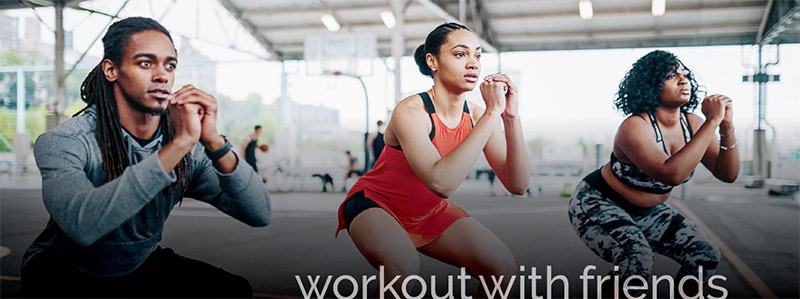 Added Ms Smith: “You have to keep in mind that a lot of these influencers have sponsors and are not necessarily aboveboard. You can let them motivate and inspire you, but you have your own shoes to fill.”
Added Ms Smith: “You have to keep in mind that a lot of these influencers have sponsors and are not necessarily aboveboard. You can let them motivate and inspire you, but you have your own shoes to fill.”
If you hate it,
it won’t become
a lifestyle.
There is something
out there that
works for you,
you just have to be
motivated enough
to find it.
When trying to get fit, the best way is to find something you enjoy, she said.
“If you hate it, it won’t become a lifestyle. There is something out there that works for you; you just have to be motivated enough to find it.”
Added Ms Burns: “Pick an exercise that’s easy, affordable and accessible, something that can routinely fit in with your day to day. Start small and build up. Try working out with your friends so that you can get fit and socialise all in one. On a Sunday night, look ahead at your week and diarise when you are getting your activity in.”
Also important is to realise when a professional opinion is necessary, she said.
“Meet with a nutritional therapist or dietitian to get some personal guidelines. I find that people stick better to healthy eating when they have a personally tailored plan.”
Added Dr Flood: “If you’re not feeling well, first, get a firm diagnosis and treatment plan from a medical doctor. Learn all that you can about your condition. If you’re not happy with the conventional medical approach, you should get an alternative medicine point of view from a functional medicine MD or a licensed ND such as myself, or a chiropractor, acupuncturist, physical medicine practitioner or other qualified care provider. Then compare the information you receive from all points of view and make decisions based on this knowledge and information.”
One thing that people often forget is the link between medical history and health, Dr Titizian said.
“Take an inventory of your life – consider your family history as genetics plays a large role, your old injuries and current lifestyle, your family – and be realistic in the commitment you want to make.”
Put together, their individual hopes might bring significant change. Dr Flood would like to see alternative and complementary medicine covered by insurers; Dr Titizian’s dream is to have a “platform for patients to have all records in one place from all professionals of their choice who they interact with on a regular basis”.
Ms Burns would like to see genetic testing used more “to help sidestep too much trial and error” while Ms Smith wants “a health insurance allowance for preventative or restorative fitness”.
The post Survival of the fittest appeared first on RG Magazines.
]]>
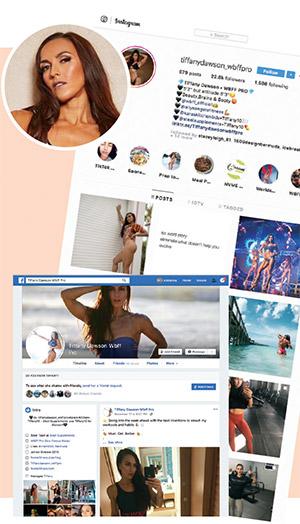 Tiffany Dawson
Tiffany Dawson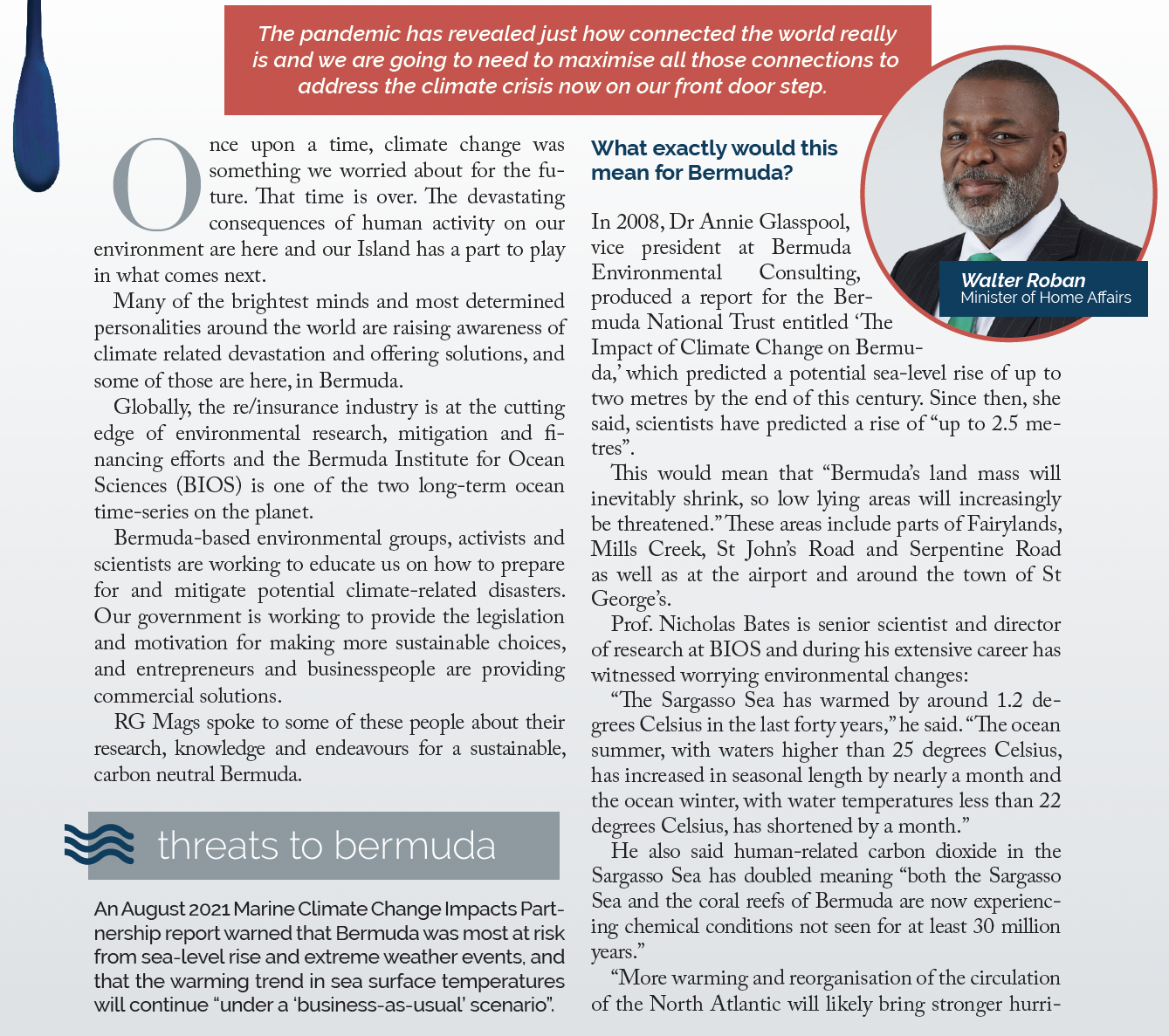
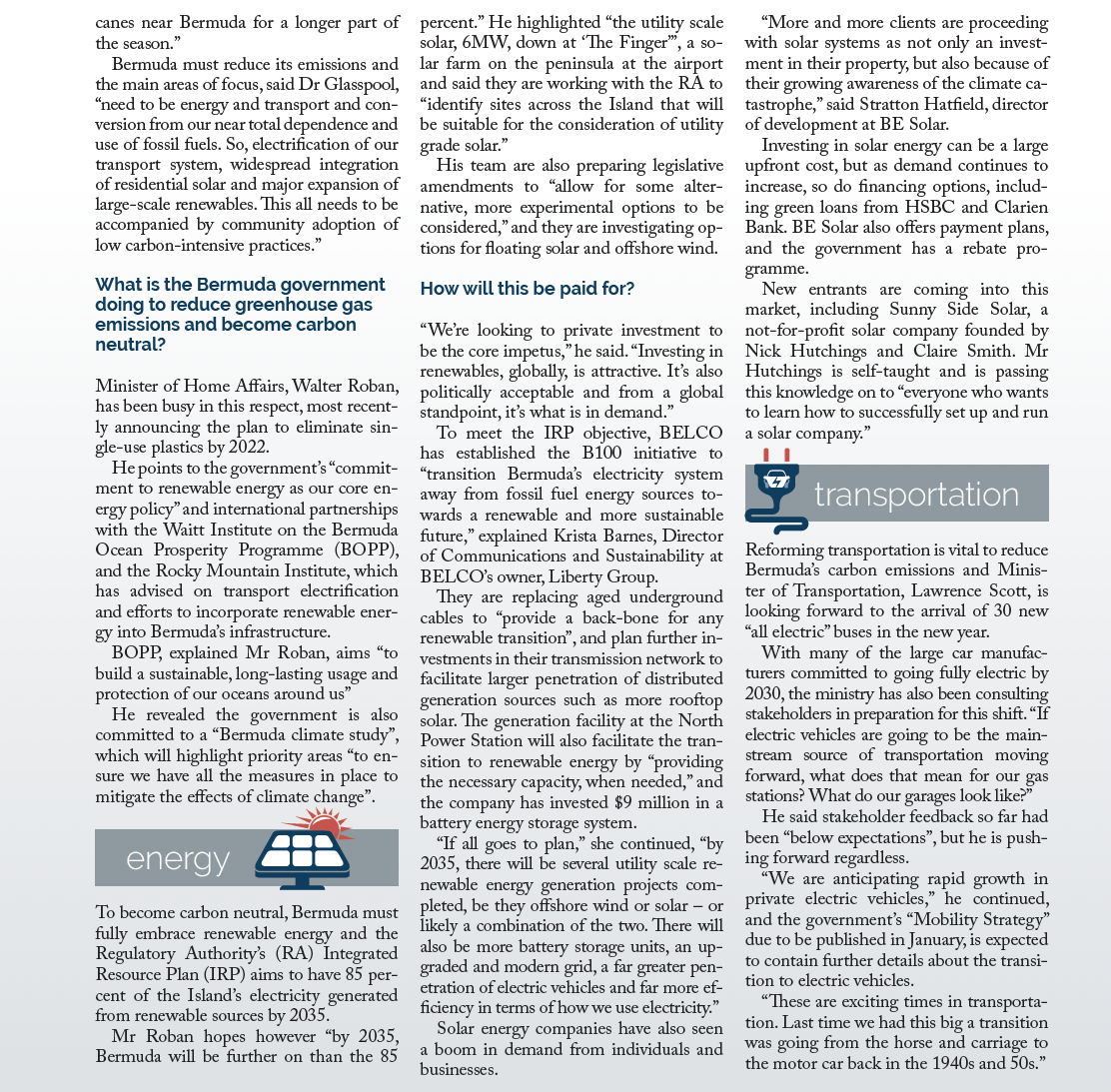
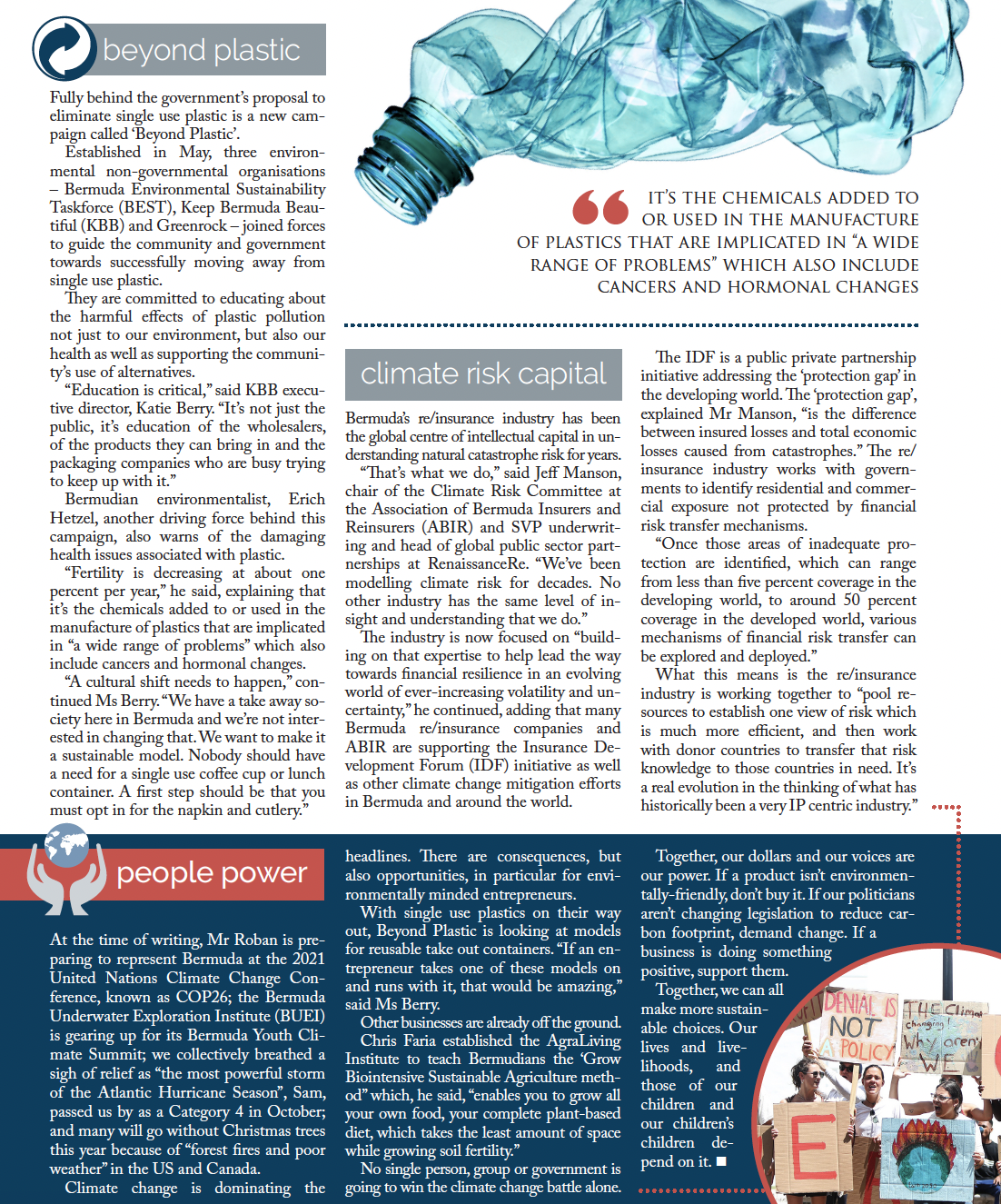
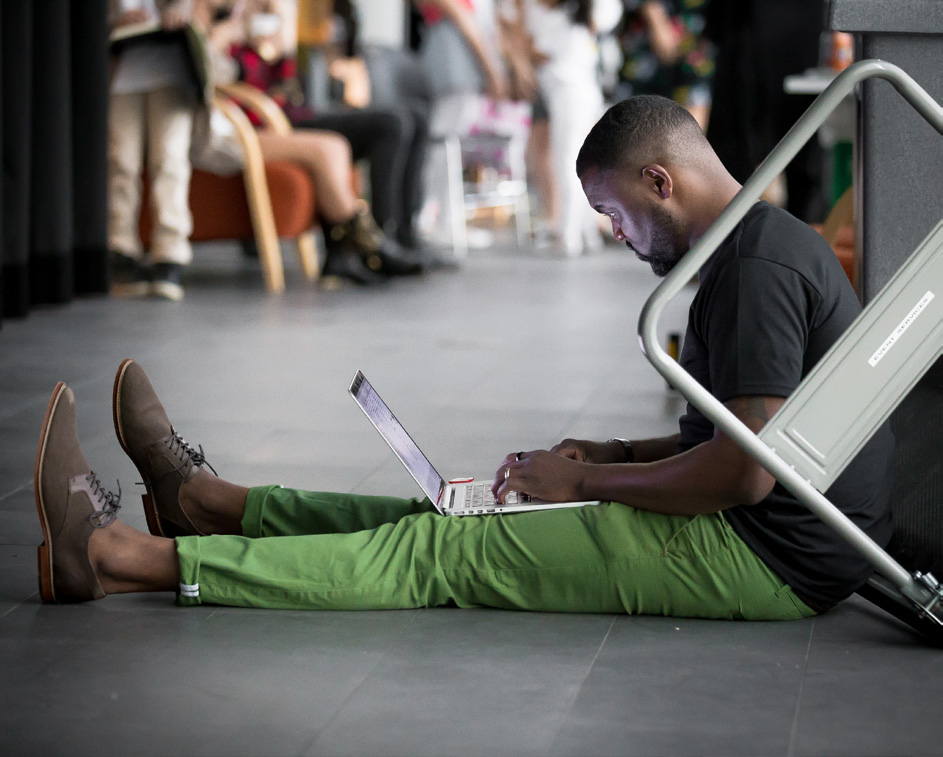







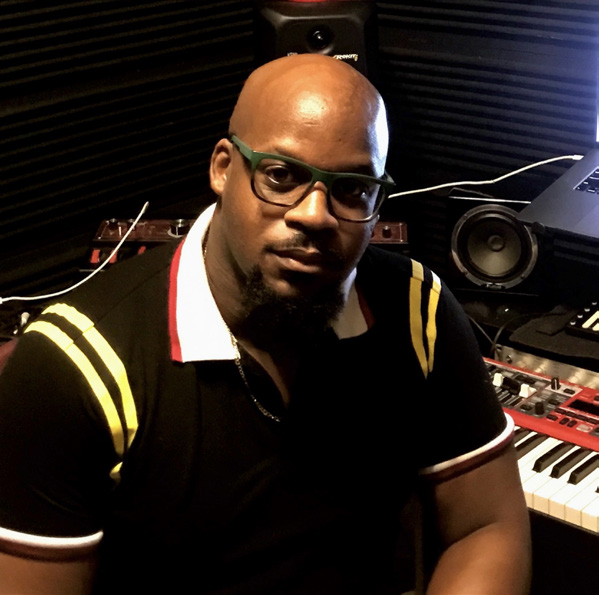
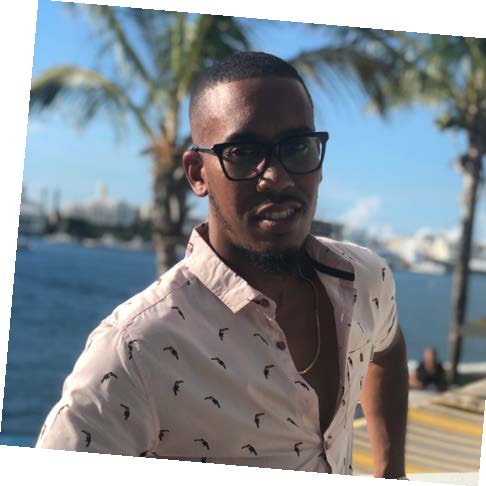
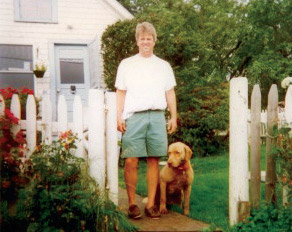
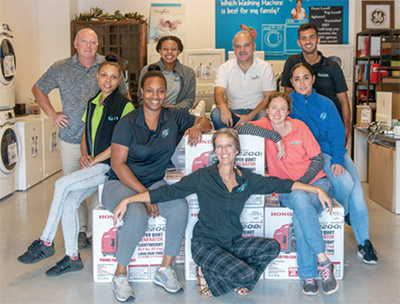
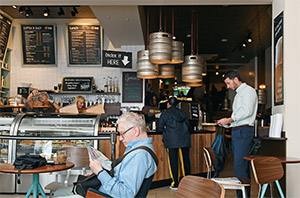
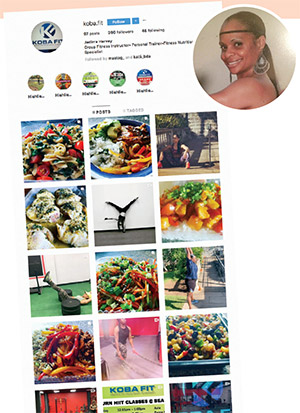 Jadirra Harvey
Jadirra Harvey The irony, according to specialists, is that our poor health is in spite of change: the internet has made medical information more accessible than it was before 2000. The range of wellness expertise in Bermuda now, is equal to what can be found in any metropolis.
The irony, according to specialists, is that our poor health is in spite of change: the internet has made medical information more accessible than it was before 2000. The range of wellness expertise in Bermuda now, is equal to what can be found in any metropolis.
 Added Ms Smith: “You have to keep in mind that a lot of these influencers have sponsors and are not necessarily aboveboard. You can let them motivate and inspire you, but you have your own shoes to fill.”
Added Ms Smith: “You have to keep in mind that a lot of these influencers have sponsors and are not necessarily aboveboard. You can let them motivate and inspire you, but you have your own shoes to fill.”